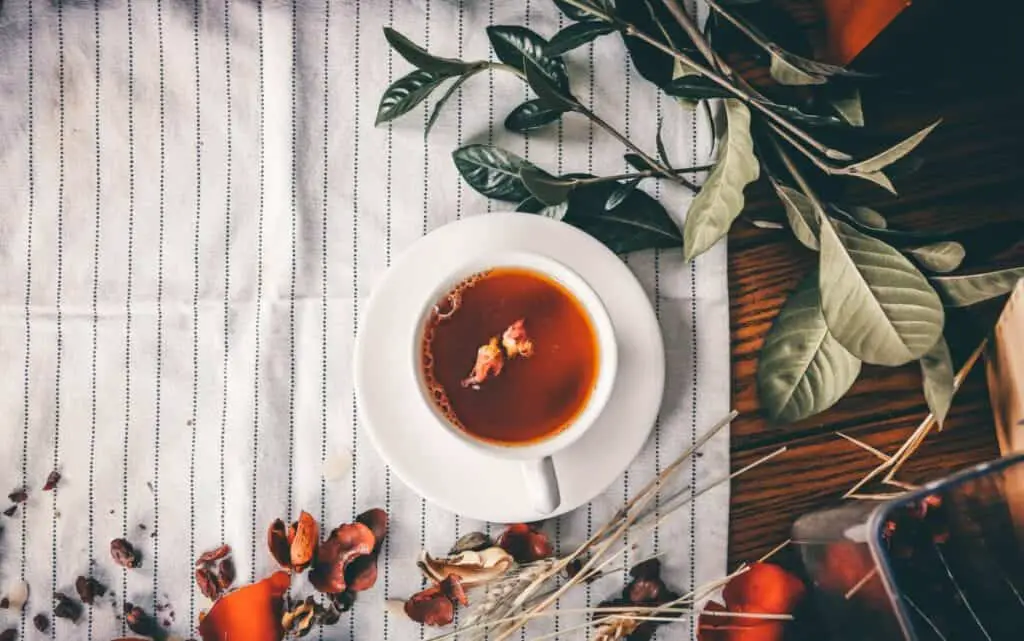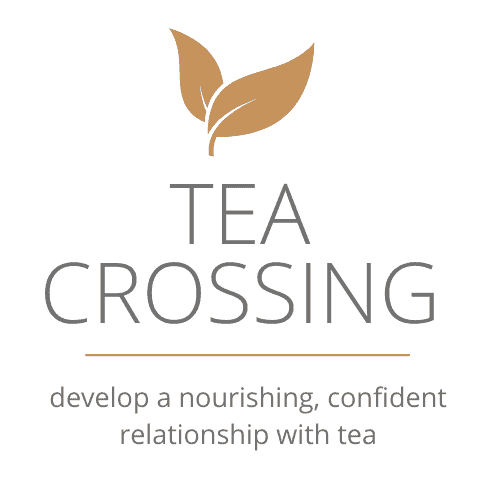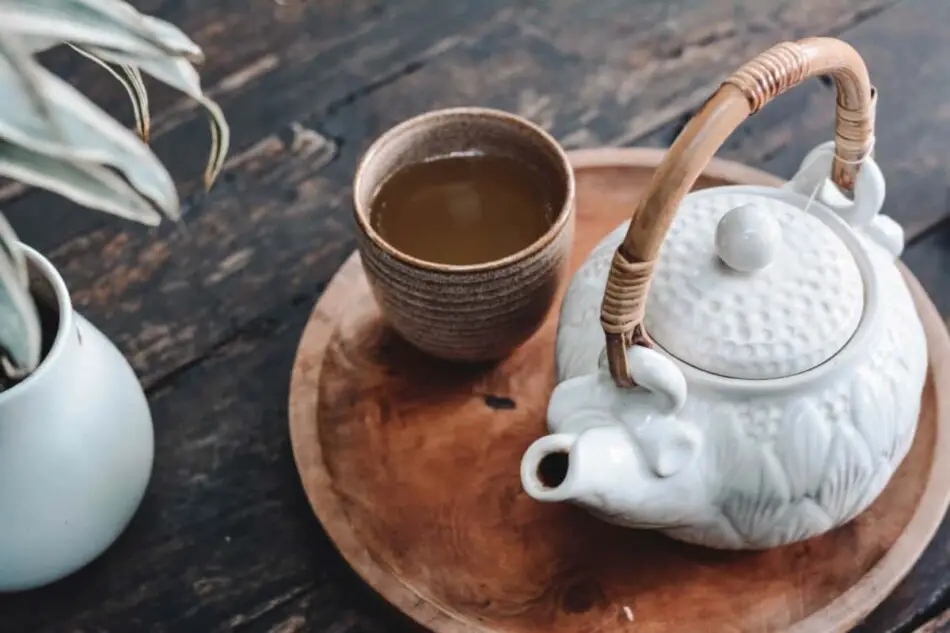There’s nothing quite like a hot cup of tea to soothe your soul. But are you asking the question, when is the best time to drink tea? In this blog post, I will explore the benefits of drinking tea at different times of the day and discuss when is the best time to drink tea. Let’s get to it.
The answer? This question doesn’t have a particular answer since people’s preferences are quite different. But note that some general guidelines can help you figure out when the best time to drink tea is for you.
In general, most people prefer to drink tea in the morning or afternoon. This is because tea provides a nice pick-me-up that can help you get through your day. If you’re looking for a more relaxing experience, however, drinking tea in the evening may be better for you and it depends on the type of tea.
Here’s a breakdown of the best times to drink the five most popular types of tea:
- Black Tea: Black tea is best consumed in the morning or early afternoon. The caffeine content will help you wake up and start your day with a boost of energy.
- Green Tea: Green tea is perfect for drinking mid-morning or mid-afternoon. The moderate amount of caffeine will give you a pick-me-up without keeping you up all night.
- White Tea: White tea is best enjoyed in the afternoon or evening. The low caffeine content won’t interfere with your sleep, making it the perfect drink to relax with before bed.
- Oolong Tea: Oolong tea can be consumed any time of day. It has a moderate amount of caffeine, so it’s a good choice for those who want an energy boost without drinking coffee.
- Herbal Tea: Herbal tea can be drunk any time of day or night. There is no caffeine in herbal tea, so it’s a great choice for those who are looking to wind down before bed.

The Right Tea For The Right Time Of Year
Tea is such a versatile drink, it can be enjoyed all year round. But did you know that different teas are better suited to different times of the year? Here’s our guide to enjoying the right tea at the right time.
In winter, we tend to reach for warming drinks like coffee and hot chocolate. But tea can be just as comforting, especially if you choose a hearty black tea or a rich flavored rooibos. For something truly indulgent, try a creamy chai latte made with milk and spices.
Spring is the perfect time to enjoy fresh and fragrant green teas. These light and delicate teas are full of antioxidants and make a great afternoon pick-me-up. If you’re looking for something a little different, try white tea – it’s similar to green tea but has a slightly sweeter flavor.
Summer is the perfect time to enjoy iced teas and fruit tisanes. Iced green tea is refreshing and full of health benefits, while fruity herbal teas are perfect for quenching your thirst on a hot day. If you’re feeling adventurous, try making your cold brew tea at home – it’s super easy and so much tastier than store-bought versions!
Should Anyone Avoid Drinking Tea?
There are a few groups of people who should avoid drinking tea. Pregnant women should avoid drinking tea because it can lead to miscarriage. People with iron deficiency anemia should also avoid drinking tea because it can inhibit the absorption of iron. Finally, people with heart problems or high blood pressure should avoid drinking tea because it contains caffeine. However, moderate amounts of caffeine (250-mg) will not cause negative side effects in healthy individuals.
How Much Tea Should I Drink?
The amount of tea you should drink depends on your individual needs and goals. If you’re trying to lose weight, you may want to drink more green tea because it boosts metabolism and fat burning. When you’re trying to improve your cardiovascular health, you may want to drink more black tea because it’s rich in antioxidants.
If you’re trying to improve your cognitive function, you may want to drink more white tea because it contains less caffeine than other types of tea. Ultimately, the best way to figure out how much tea you should drink is to listen to your body and see how it responds.
Drink Tea After A Meal, Not Before
Tea is best enjoyed after a meal. The tannins in tea can help to aid digestion, and drinking tea after a meal can also help to prevent indigestion. Tea should be avoided before meals, as the tannins can inhibit our ability to break down food properly.
If you must drink tea before a meal, choose a lighter tea such as white or green tea. avoid anything too astringent. herbal teas are also a good choice before meals, as they tend to be gentler on the stomach.
Can Tea Help Soothe An Upset Stomach?
Yes, it can! Tea helps soothe an upset stomach. The tannins in tea can help to bind to the proteins in the stomach lining and help to calm the stomach.
How To Make A Perfect Cup Of Tea?
There are so many variables involved. The type of tea, the quality of the water, the temperature of the water, steeping time, etc. all play a role in making a perfect cup of tea. However, here are a few tips that will help you make a great cup of tea.
- Use fresh cold water for brewing your tea. This will help to extract more flavor from the leaves.
- Bring the water to a rolling boil before adding it to the teapot or cup.
- Use one teaspoon of tea leaves for each cup of water.
- Steep the tea for three to five minutes depending on the type of tea.
- Be sure to use a strainer to remove the leaves from the water.
Bottom Line
The best time to drink tea is after a meal. The tannins in tea can help to aid digestion, and drinking tea after a meal can also help to prevent indigestion. Avoid anything too astringent. Herbal teas are also a good choice before meals, as they tend to be gentler on the stomach. Ultimately, the best way to figure out how much tea you should drink is to listen to your body and see how it responds. Cheers!

